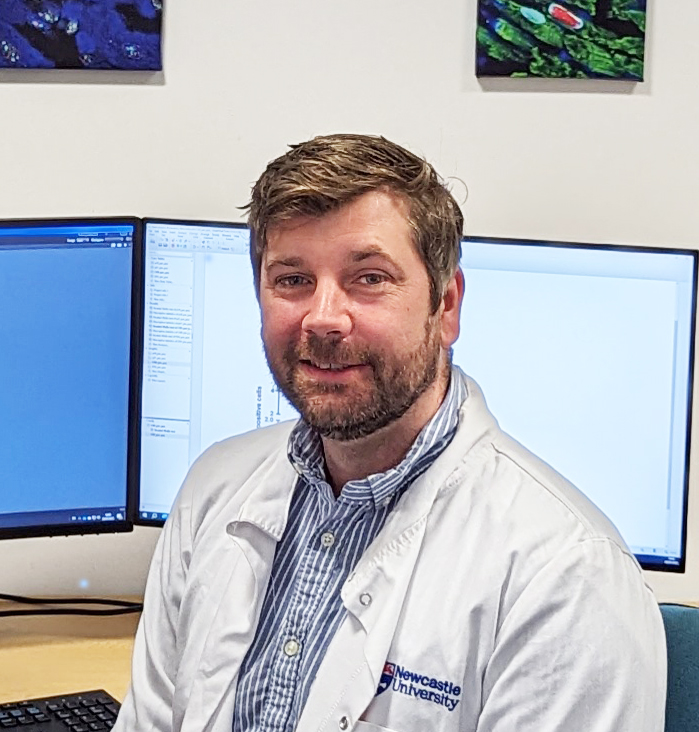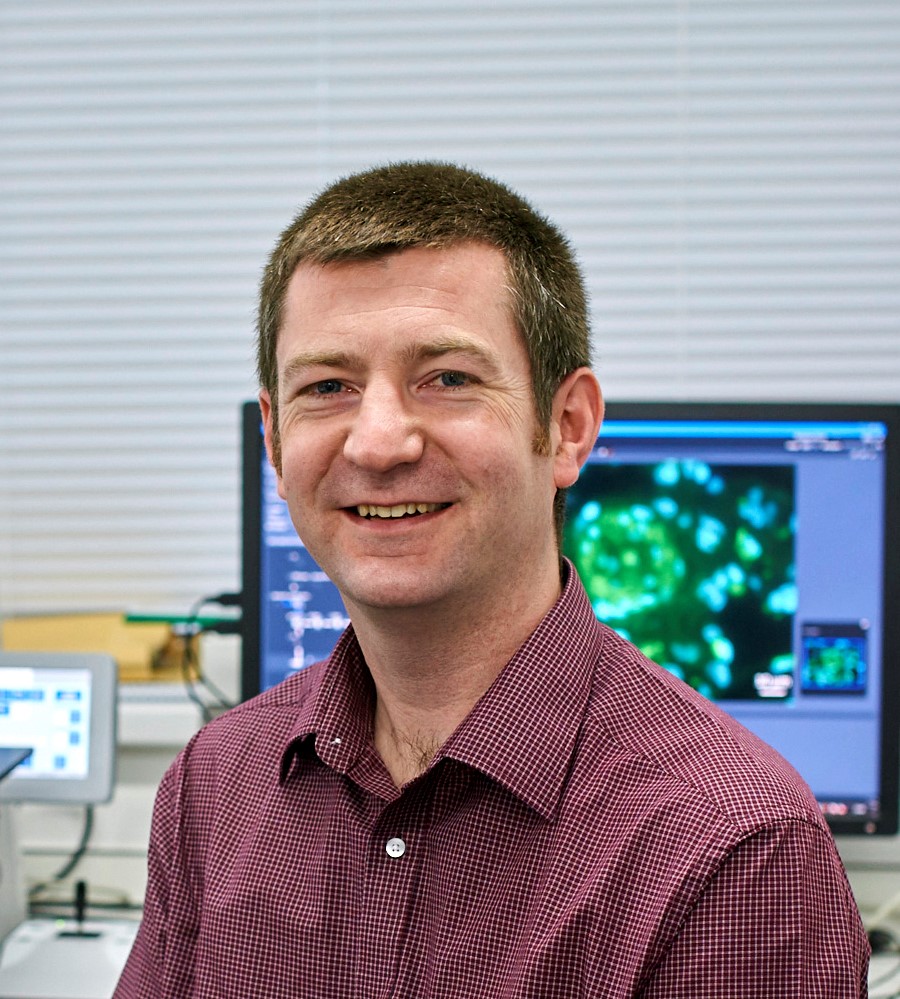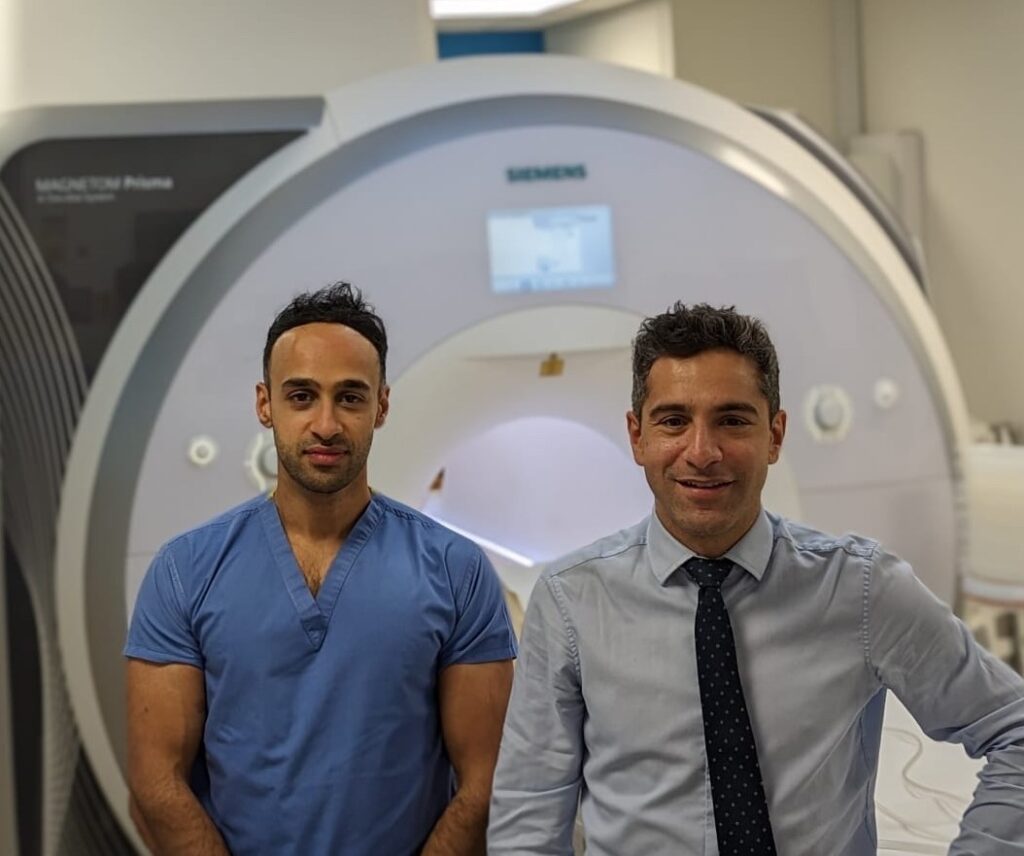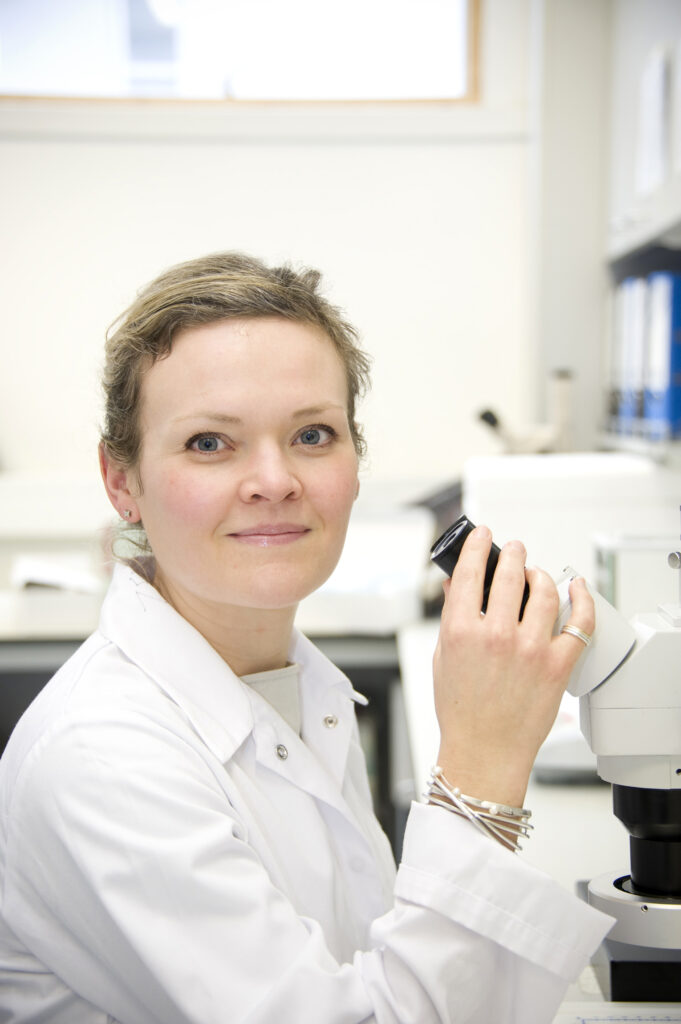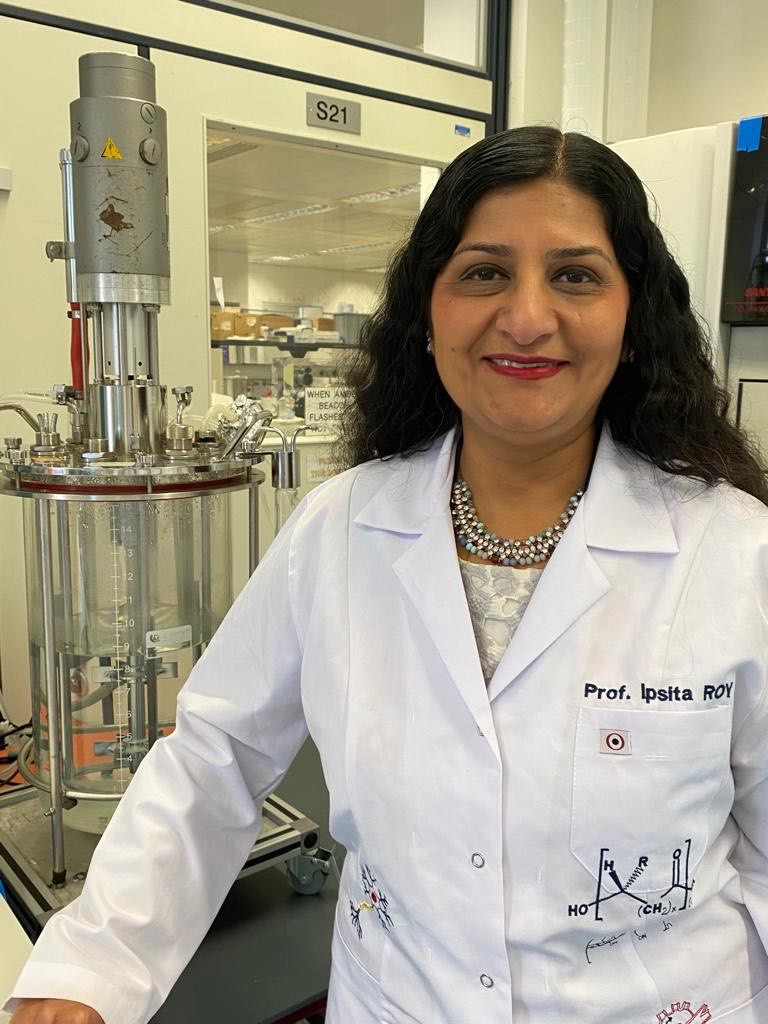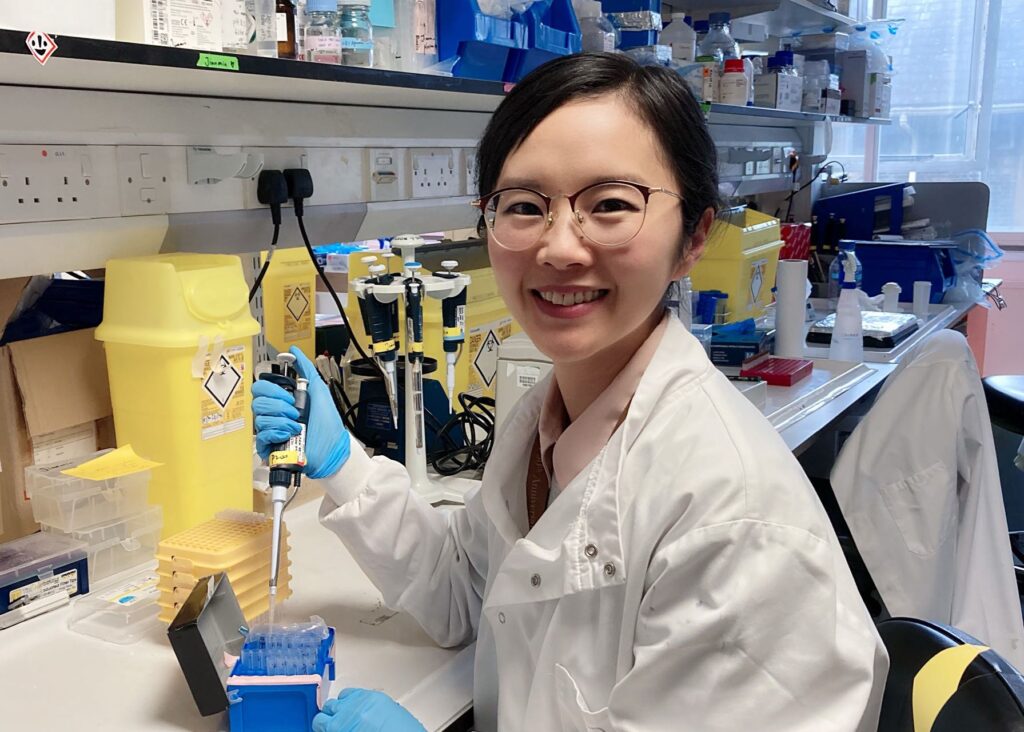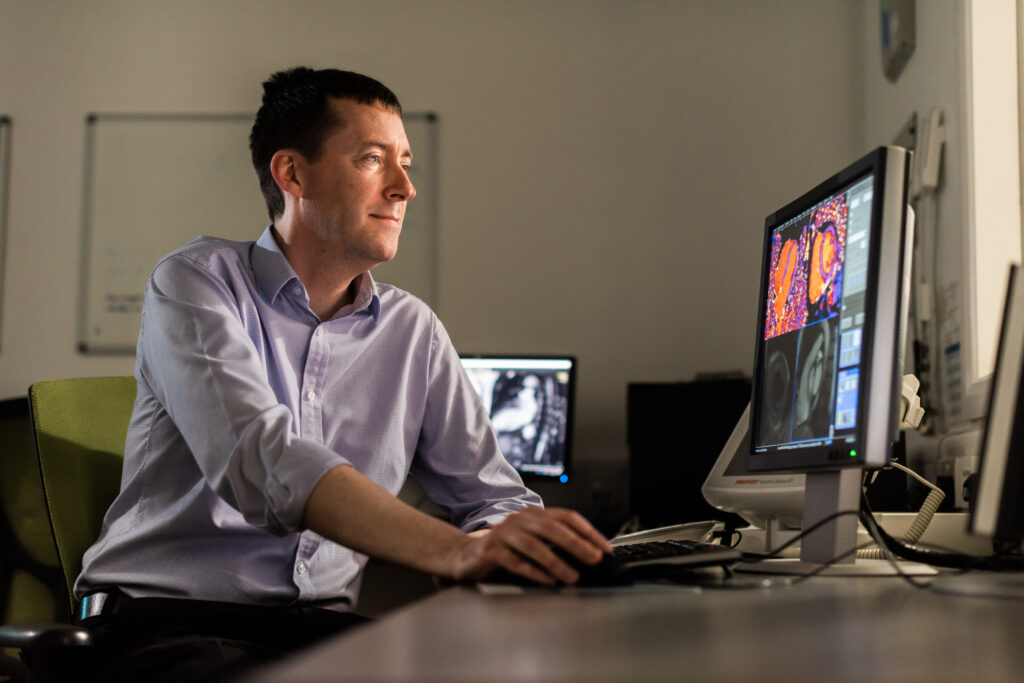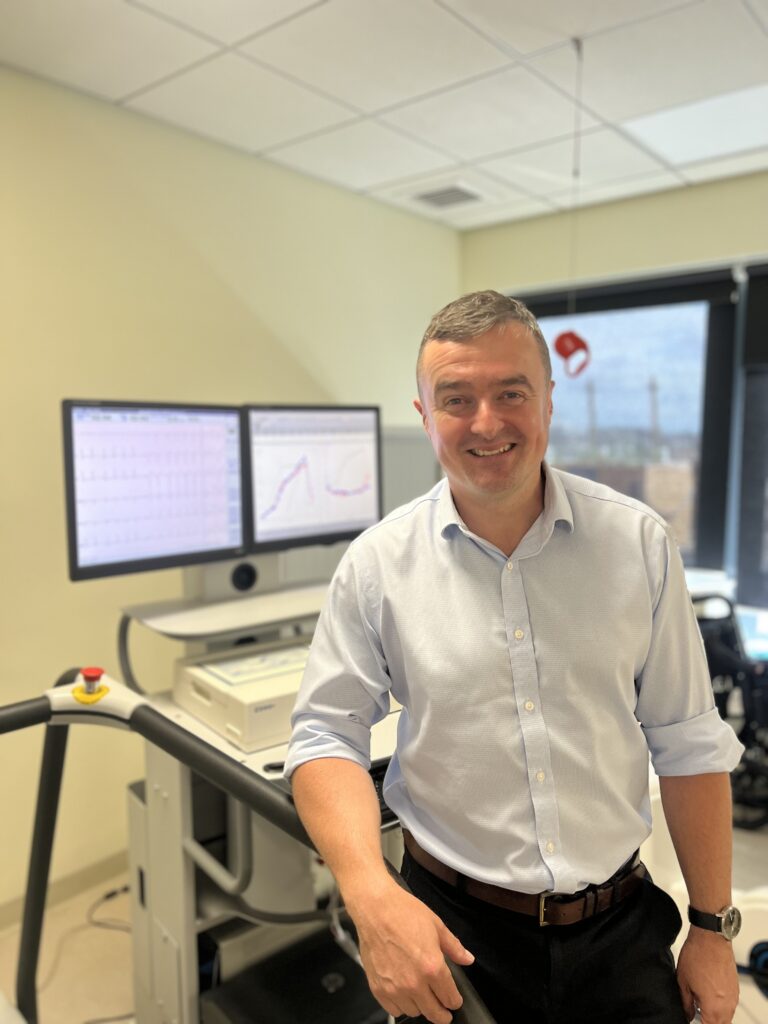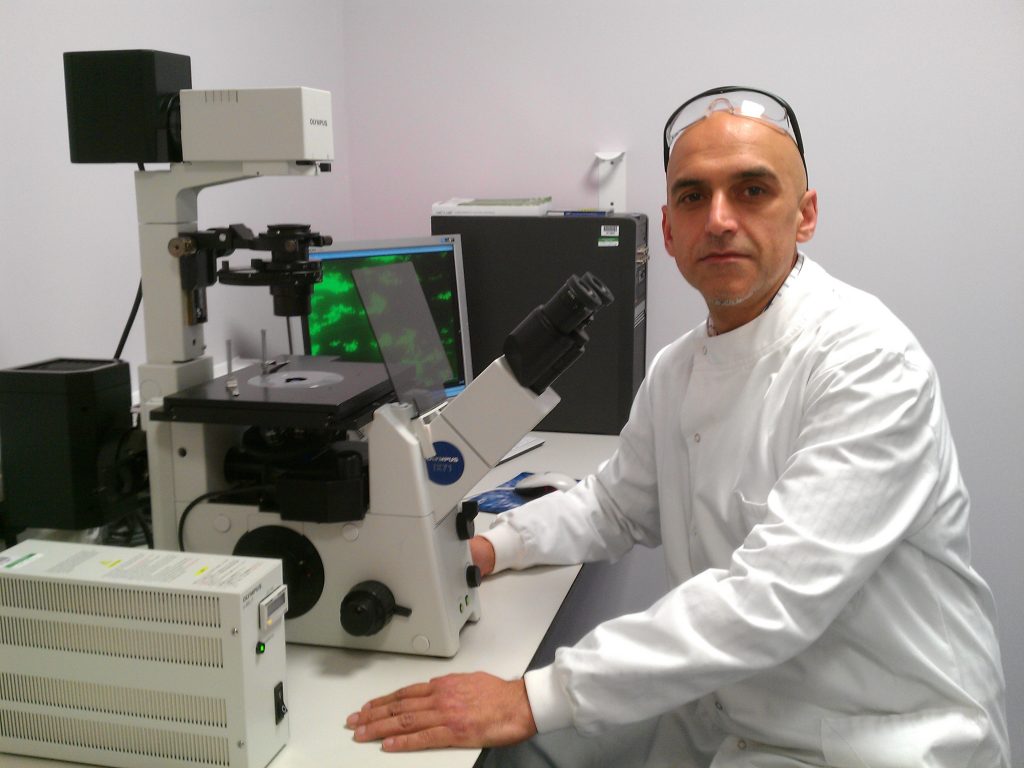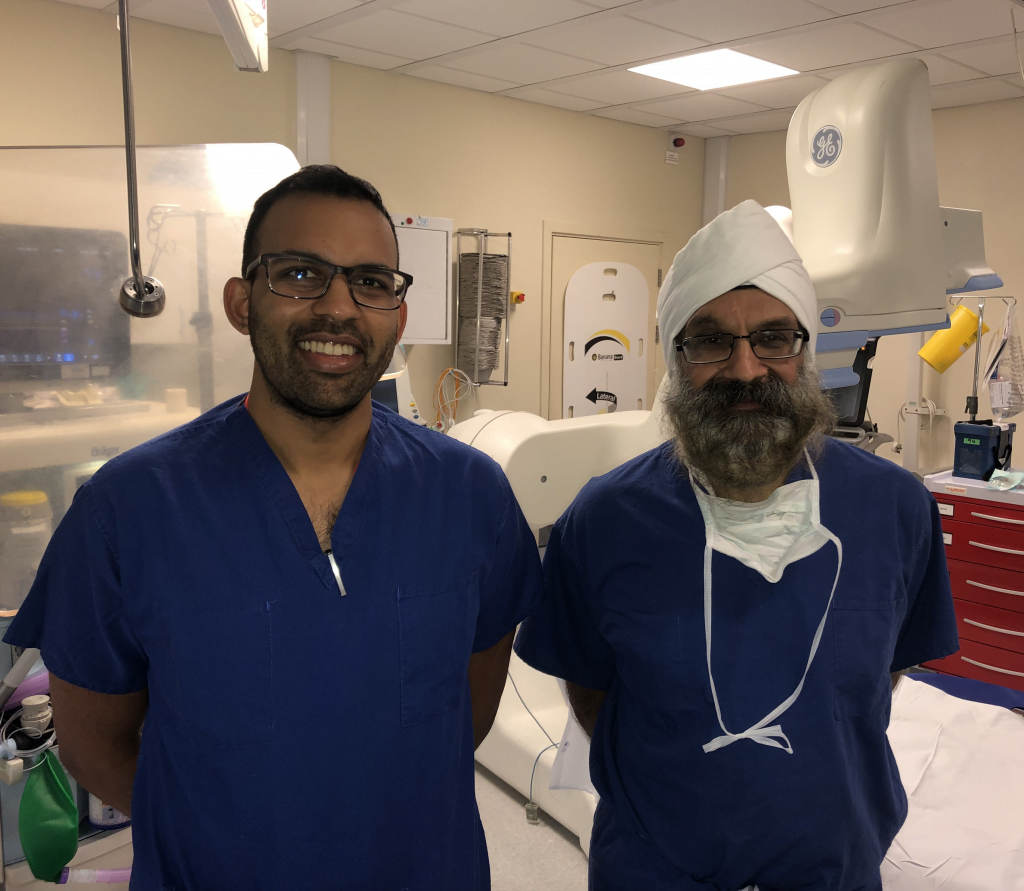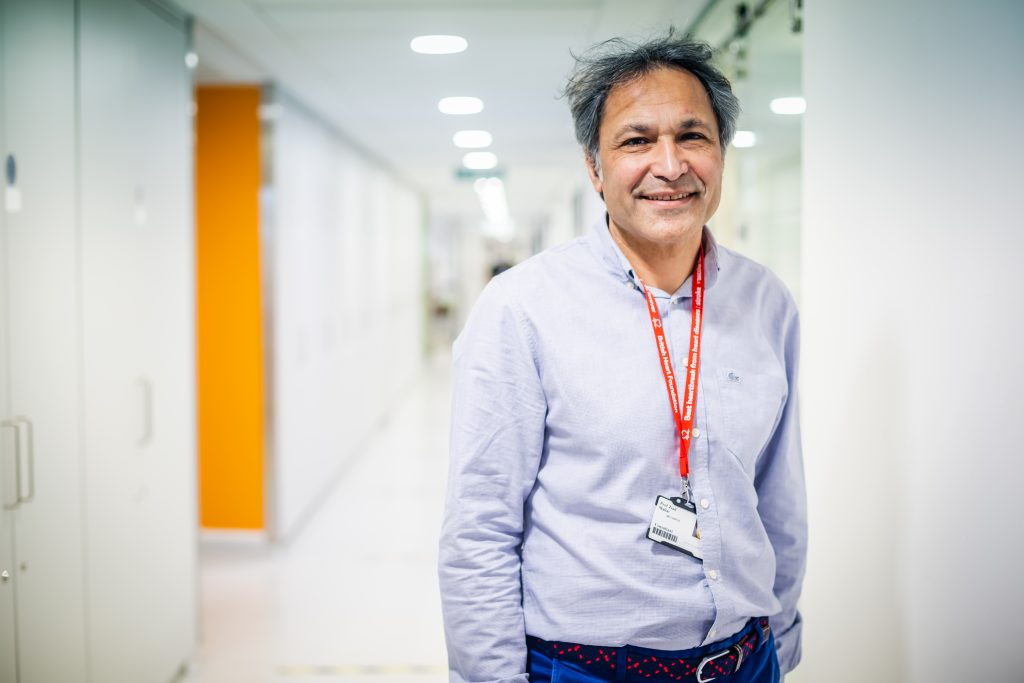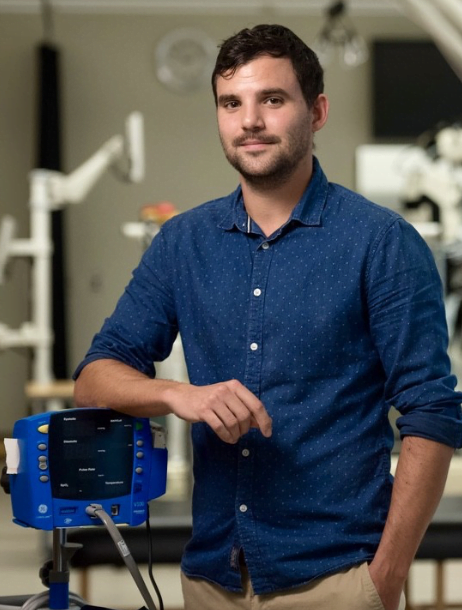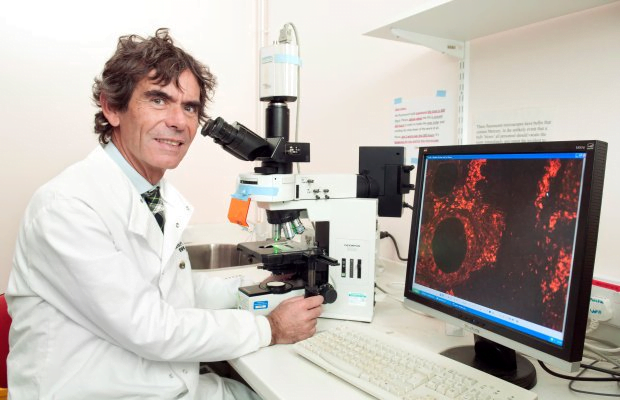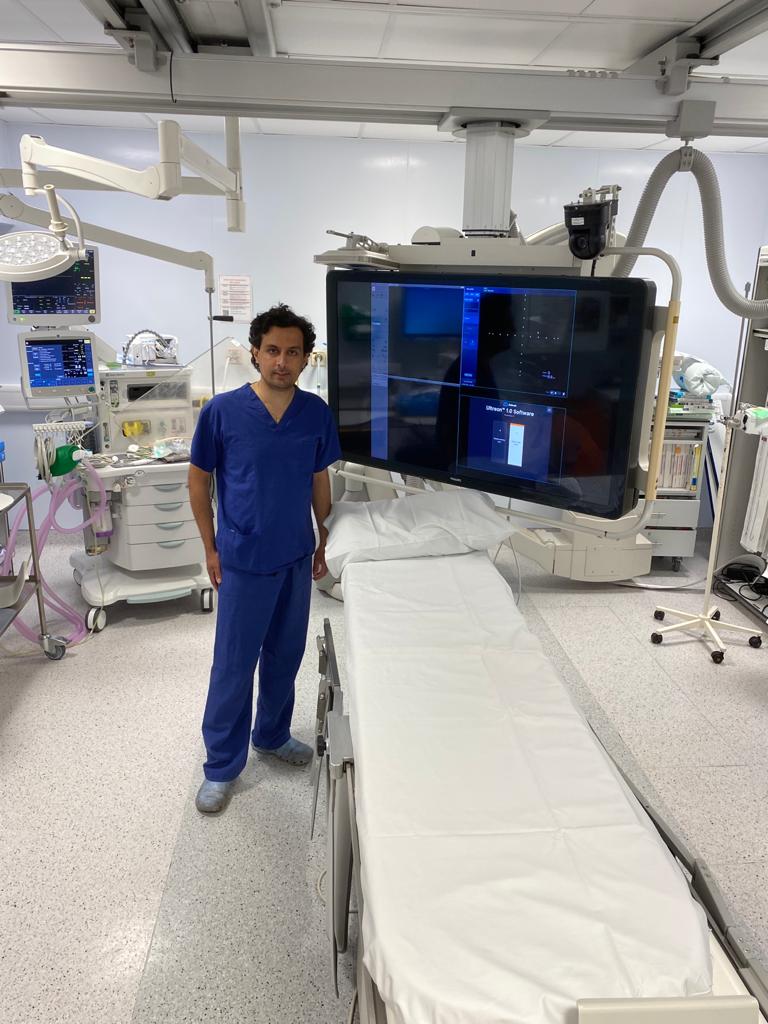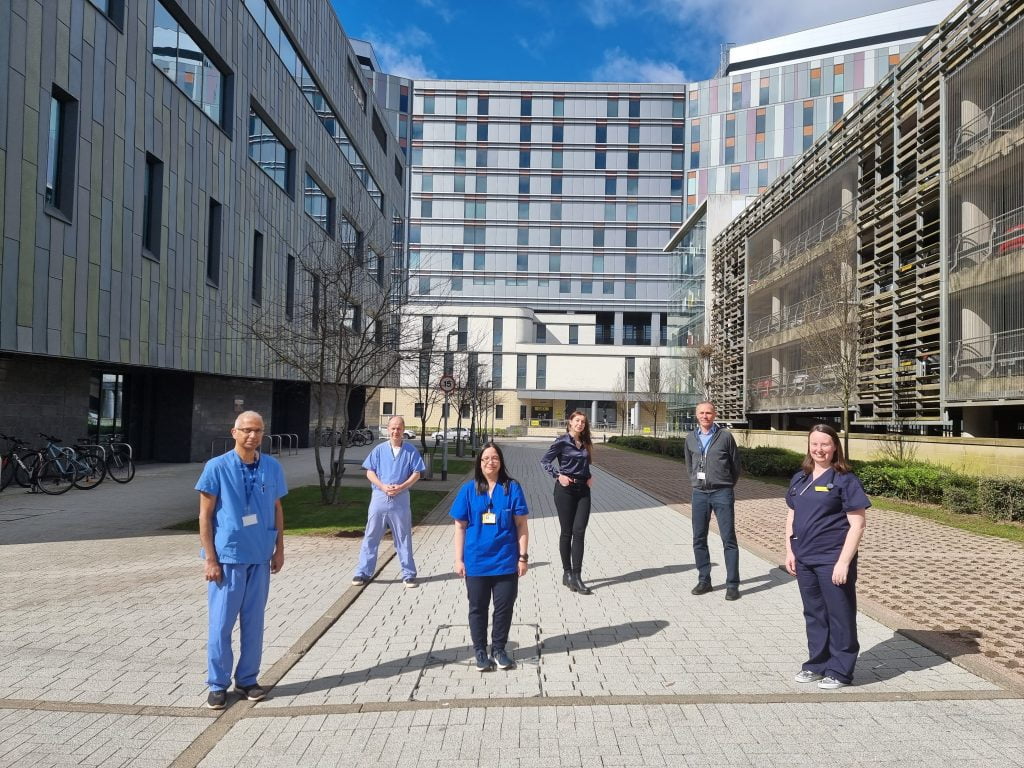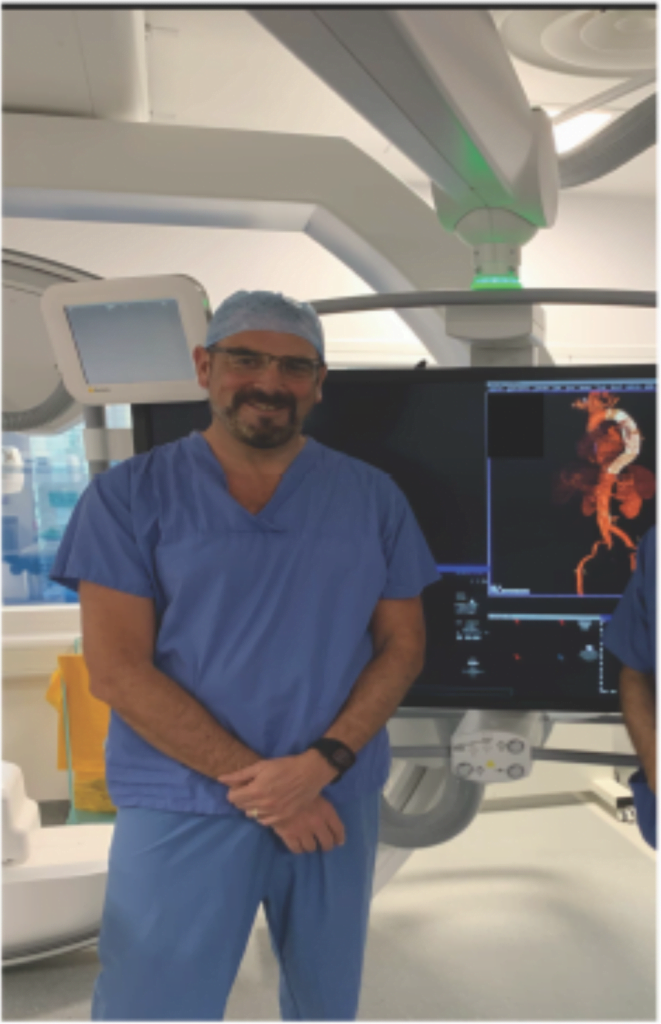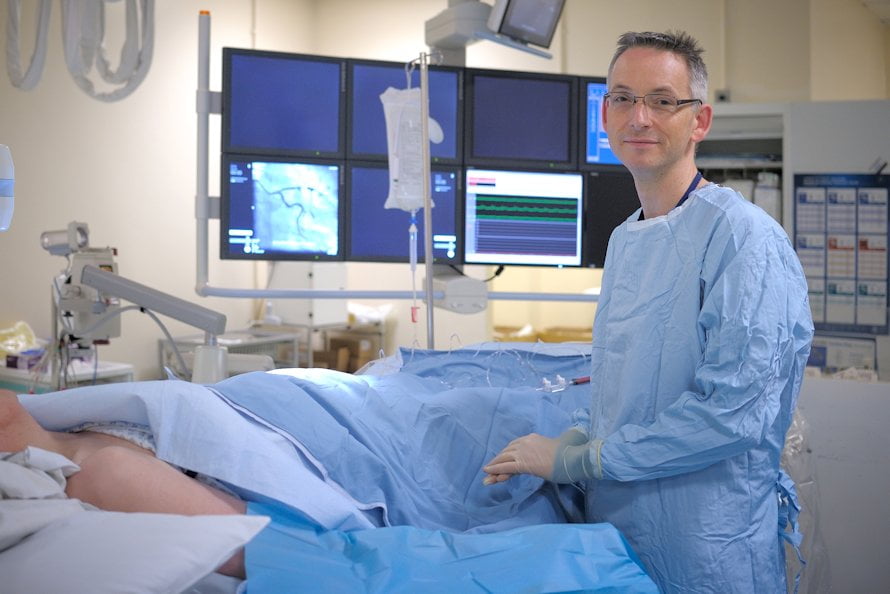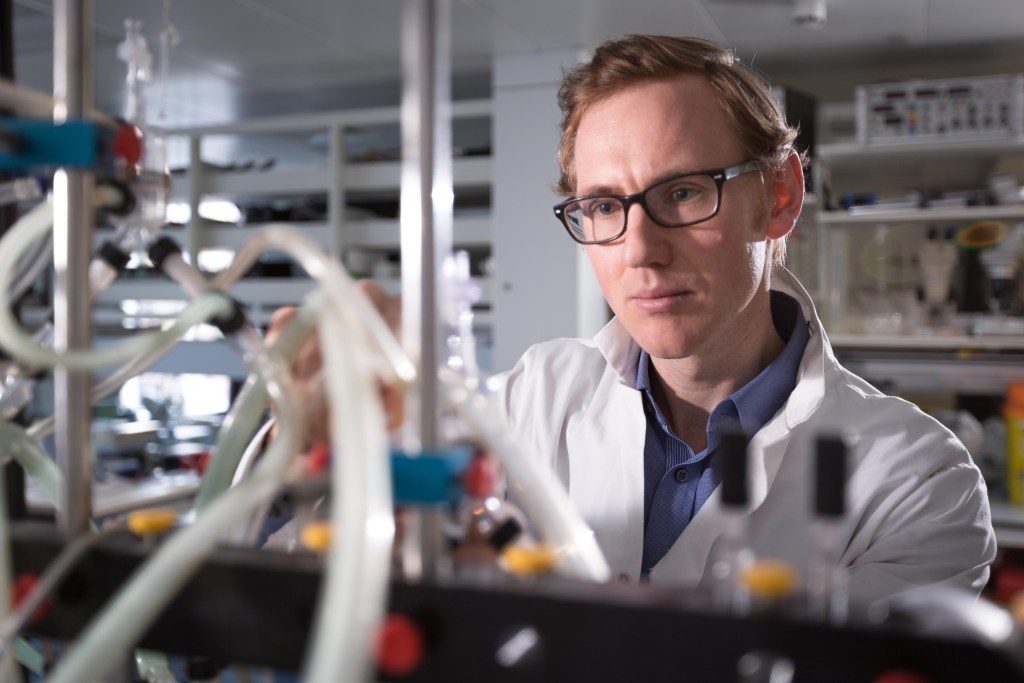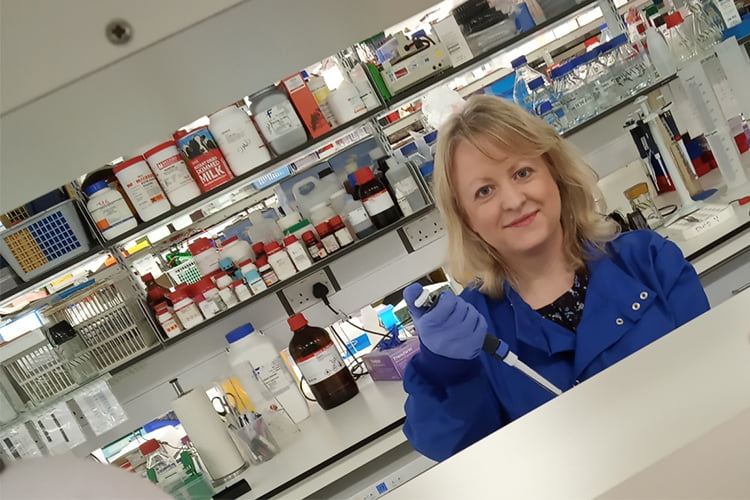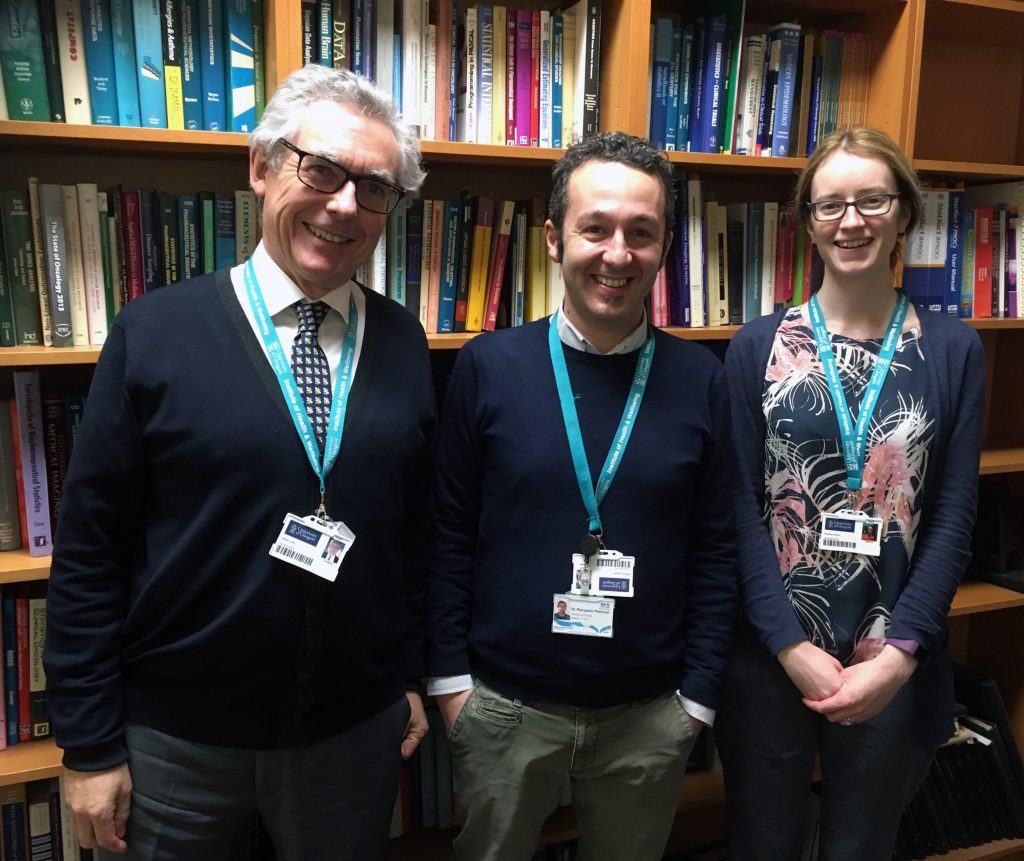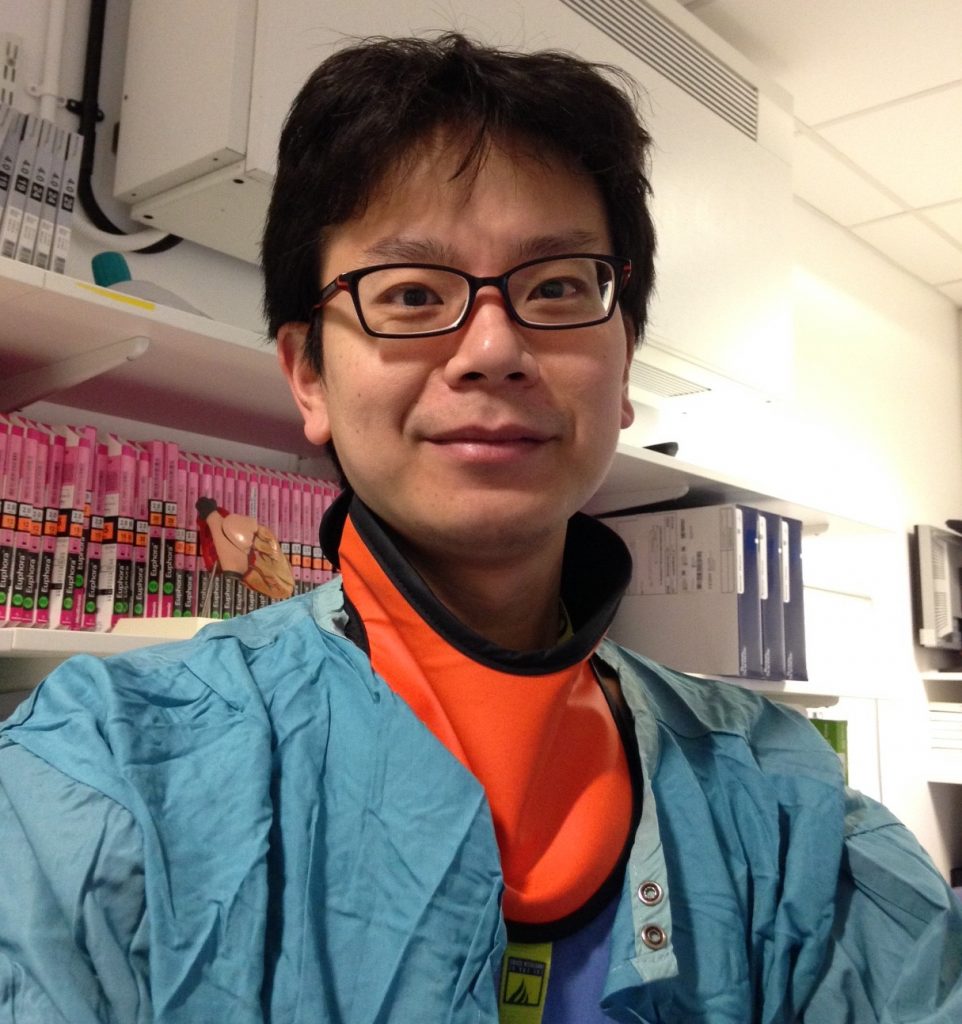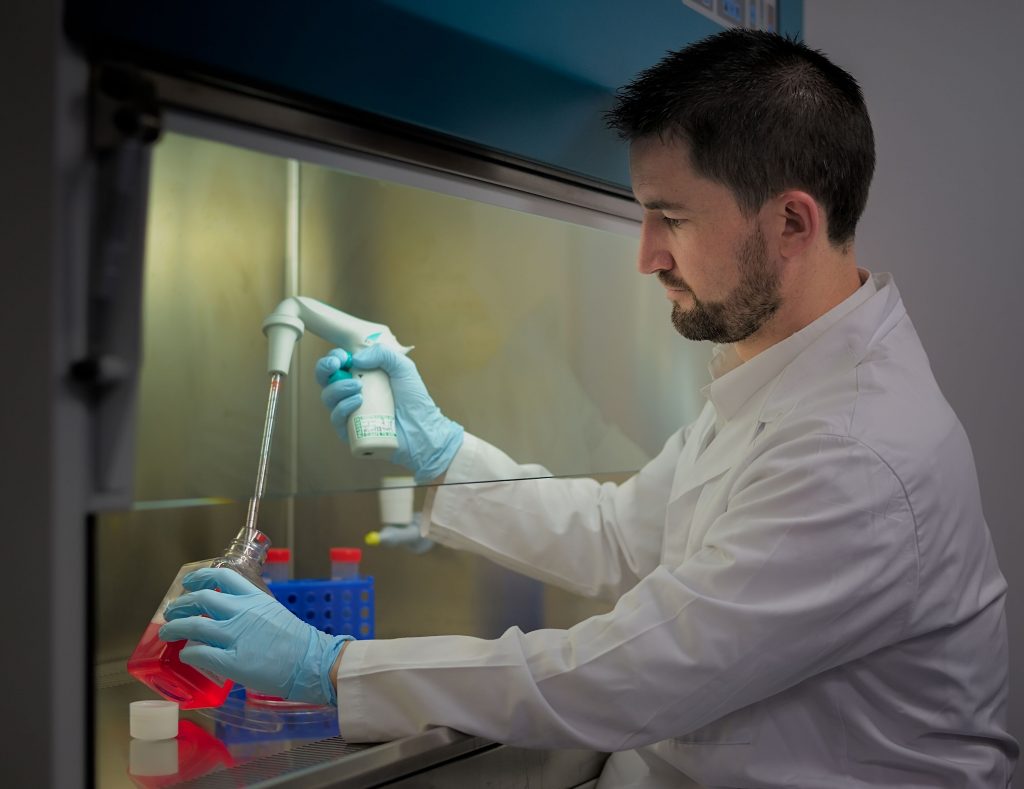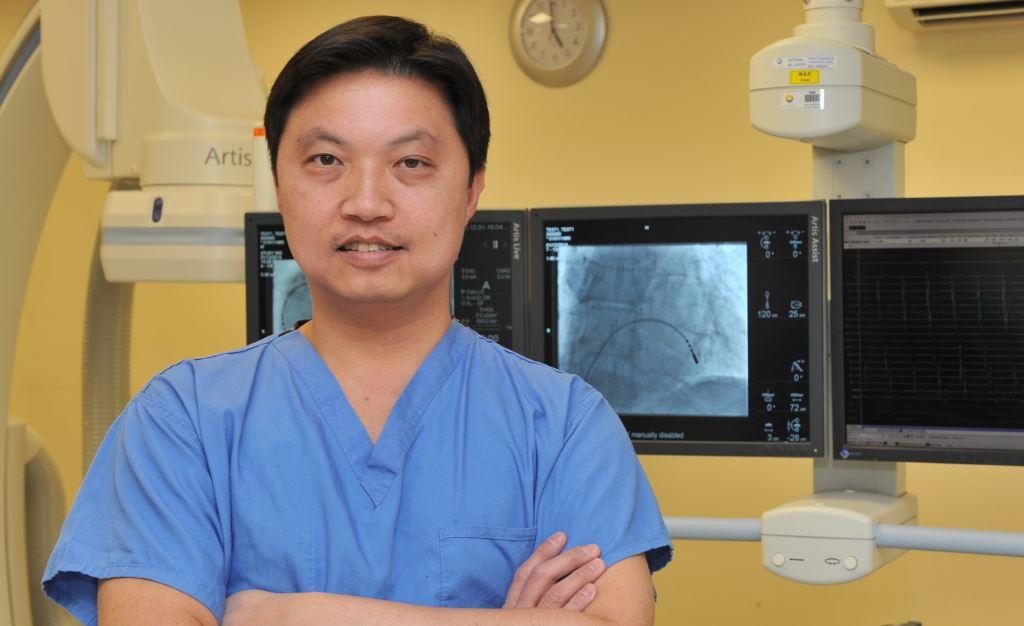Translational Research Project Grant
Dr Delvac Oceandy, University of Manchester
Amount: £151,203
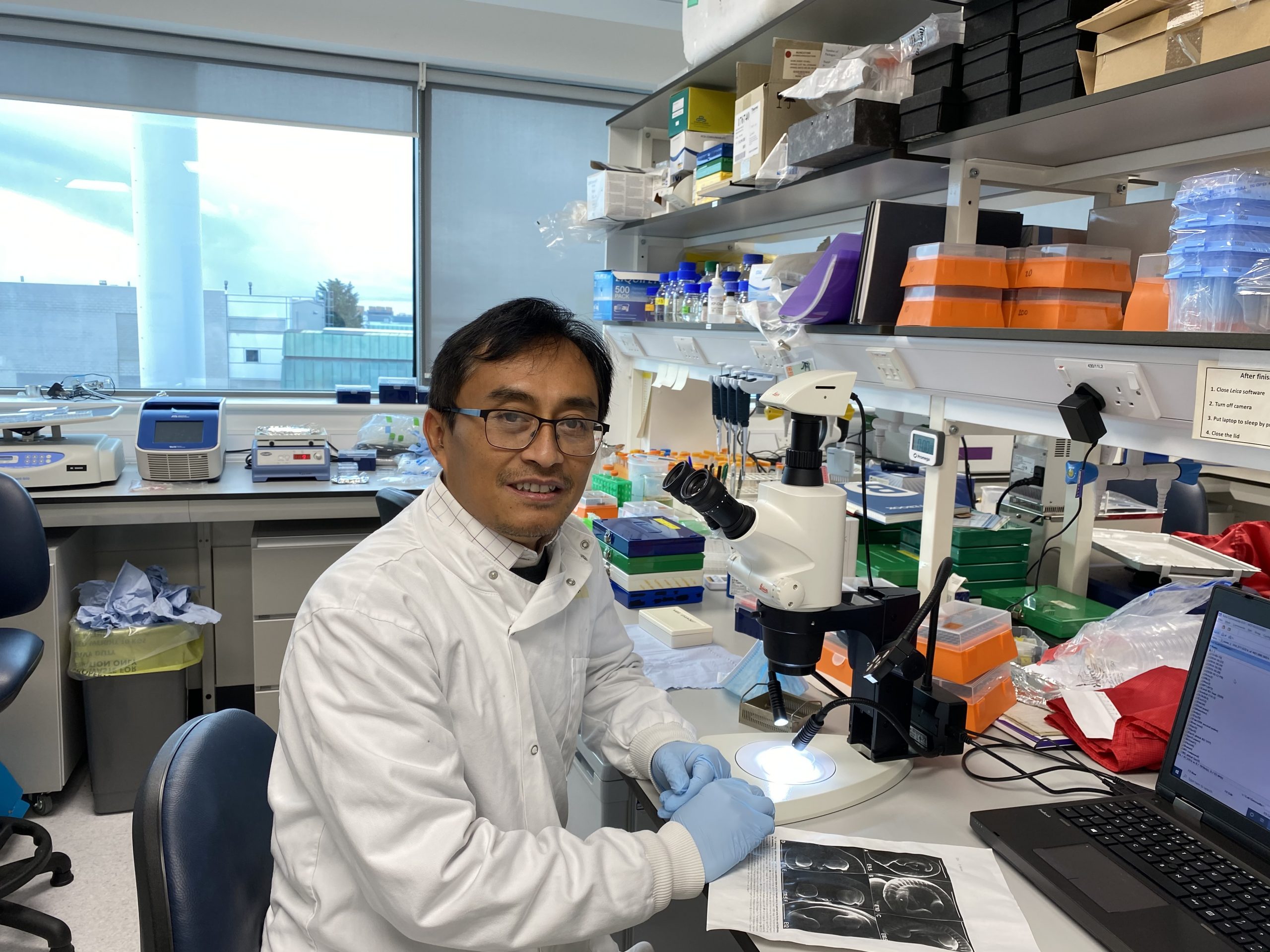
Summary: Heart diseases can involve changes in heart structure, called cardiac remodelling, which can lead to heart failure. This project will study a group of molecules that play an important part in remodelling and test new drugs that can control these molecules, to see if they reduce the extent of adverse cardiac remodelling and improve heart function.
Heart attack and conditions such as chronic high blood pressure can lead to changes in heart structure, called cardiac remodelling. These changes may be due to enlargement of heart cells, formation of scar tissue and the death of heart muscle cells. Remodelling may affect heart function and eventually lead to heart failure which is when the heart fails to pump enough blood to meet the needs of the body.
Dr Oceandy’s team has identified molecules in the heart which are part of a group of proteins called the ‘Hippo’ pathway. These molecules work by regulating growth and survival of heart cells, so play an important part in the cardiac remodelling that happens in heart disease. Their previous work has shown that if the activity of these molecules can be controlled, then damage to the heart following heart attack or chronic high blood pressure can be repaired, and adverse remodelling prevented.
They have identified two new drugs that can control these molecules. One of these drugs was identified through a collaboration with LifeArc, a non-profit research organisation focusing on drug discovery and development.
In this project, they will test the effects of treatment with these drugs in laboratory models of heart attack and chronic high blood pressure. Using state-of-the-art technology, they will investigate whether these drugs can reduce the extent of adverse cardiac remodelling and improve heart function. It is expected that this research will show whether these drugs have the potential to be effective treatments for heart disease.

